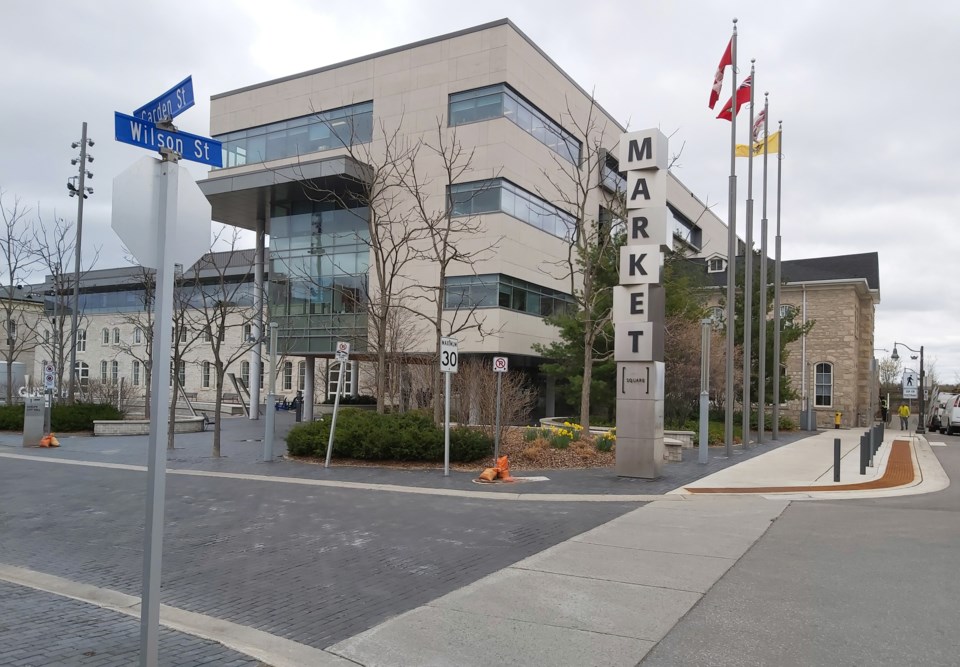Short-term rentals in Guelph will soon require a license.
At Monday's Committee of the Whole meeting, city council unanimously approved two amended motions, one that supported the licensing of short-term rentals and the other that looked into data of long-term rentals for future rental licensing.
The vote still needs to be ratified at the end-of-month council meeting.
The first motion’s recommendations stated that that “Council direct staff to engage key stakeholders and the public to develop a short-term rental category along with regulations under the City’s Business Licensing By-law (2009)-18855 and report back to council in the fourth quarter of 2022,” and “that the business licence fee for short-term rentals and associated costs be included in the 2023 budget confirmation.”
The second motion states “staff continue to use the proactive enforcement and education approach to manage long-term rental housing in Guelph for the next two years, and that staff report back with updated data for future consideration of rental licensing.
Colleen Clack-Bush, the city’s deputy chief administrative officer for public services, said city staff have recognized that short-term rental properties such as Airbnb and Facebook Marketplace are available in Guelph but are not subjected to any of the city’s licensing requirements.
“Our existing hotel establishments and bed and breakfast operators here in Guelph have stated that they feel that they're not being treated fairly as the current license licensing approach is not consistent for all short-term rentals,” said Clack-Bush.
She said staff considered deregulation of the current hotel and bed and breakfast establishments, but that consideration was dismissed for health and safety reasons.
“So following consultation, city staff identified several objectives and regulations to potentially license future short-term rental properties. And through this licensing, the properties would need to be inspected for safety zoning clearance, and the property would need to be in use as a principal residence,” said Clack-Bush.
She said the licensing approach would work with rental platforms and stakeholders regarding their cooperation efforts.
“It's expected that there are approximately 150 short-term rental properties in Guelph to which this licensing would apply if approved. And just as a reminder, since 2009, the city's approach to business licensing has been following a cost-recovery model, with all of the staffing and resource costs related to administration inspections and enforcement being recovered through the licensing fees applicable to the businesses themselves. And so this same model would apply, and the fees charged would cover the cost,” said Clack.
Short-term licensing would apply to properties providing accommodations for up to 30 consecutive nights.
“Anything greater than 30 consecutive nights would be considered a long-term rental property and wouldn't be subject to the licensing,” said Clack-Bush.
Jayne Holmes, the city’s deputy chief administrative officer of infrastructure, Development and Enterprise Services, said that since the long-term rental housing analysis was completed in 2014, staff have been conducting inspections and implemented increased fines for violations.
“We know that proactive inspections dropped off during COVID as our inspectors were not proactively entering houses, but we do expect these numbers to start to increase again as some of those restrictions are lifted,” said Holmes adding that the city completed proactive education to thousands of tenants of long term rental housing units and hundreds of local real estate professionals.
“So there's been lots of focus on student rentals, but there are also a lot of long-term rentals providing accommodation in the city as a whole. Adding a licensing program to long-term rentals could result in increased costs which would eventually be passed on to the tenants. And again, we feel this potentially further increases the challenges to housing affordability in the city. So staff will continue to use the recommended approach to manage challenges related to long-term rental housing in Guelph,” said Holmes.
